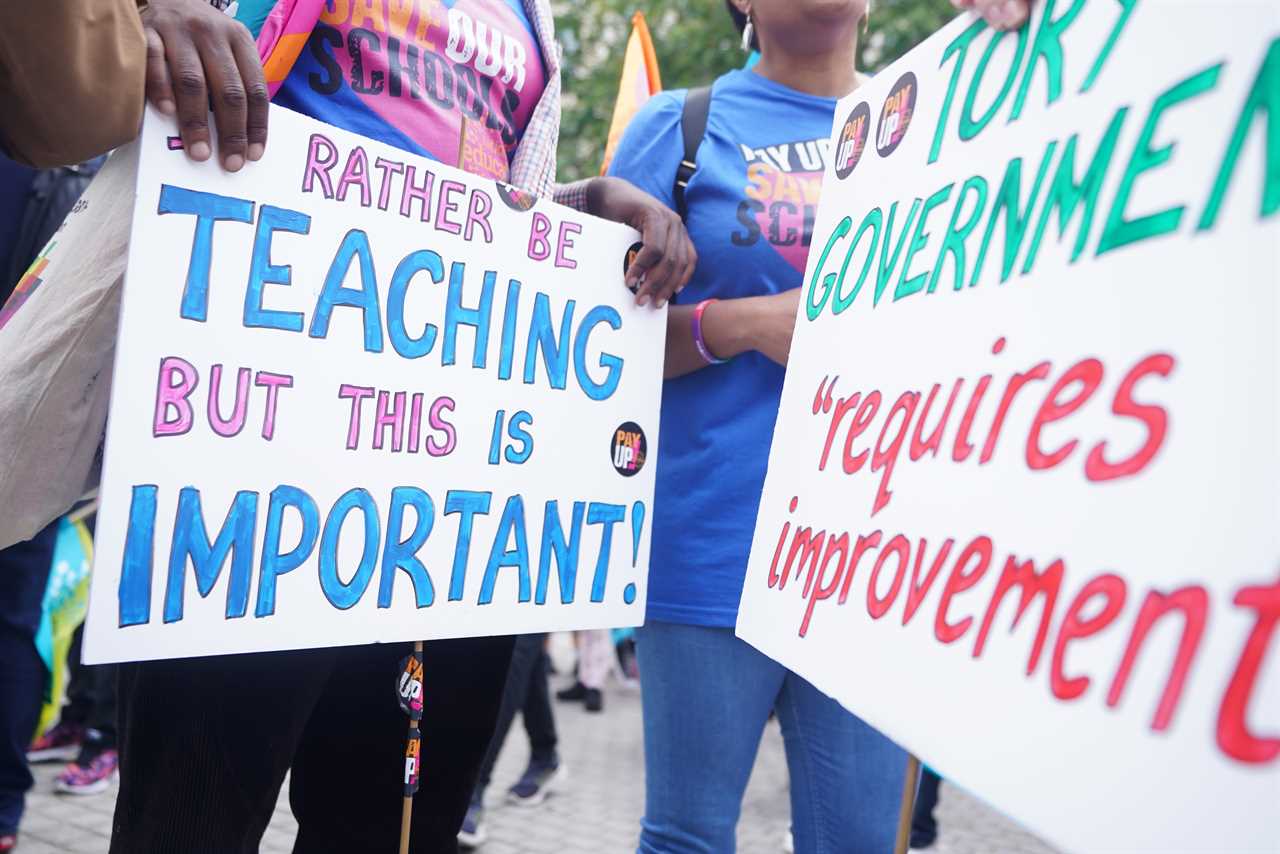
As millions of public sector workers are set to receive inflation-busting pay increases, the government's decision has sparked tensions with unions and the possibility of strike action looms. The approved pay rises, exceeding the 2.8 per cent initially allocated, have positioned teachers, doctors, and other key workers at the centre of a contentious debate over fair compensation.
Challenges of Unions and Funding Constraints
The clash between unions and the government arises as pay deals for teachers, doctors, and armed forces members surpass budgeted expectations. Education Secretary Bridget Philipson emphasised the need for schools to enhance productivity and manage funds efficiently to meet the initial 1% of the pay awards, signalling potential budgetary strains within the education sector. This move towards greater financial responsibility places additional pressure on public institutions already grappling with resource limitations.
Union Responses and Sectoral Concerns
Union leaders, such as Sharon Graham from Unite, have voiced dissatisfaction with the proposed pay increases, citing persistent issues of low pay and the broader context of the cost-of-living crisis affecting local government workers. The readiness of the National Education Union to take industrial action reflects the deep-seated concerns within the education sector regarding fair compensation and working conditions. Similarly, the Royal College of Nursing's scepticism towards the 3% pay rise highlights the ongoing challenges faced by healthcare professionals amidst a sectoral crisis.
Implications for Public Services and Social Equity
While the government's decision to provide enhanced pay rises may address immediate concerns of wage stagnation, the broader implications for public services and social equity remain under scrutiny. The balancing act between meeting the needs of essential workers and managing fiscal constraints underscores the complex interplay of political, economic, and social factors shaping the current labour landscape. As calls for fair remuneration echo across various sectors, the underlying structural inequalities within the labour market demand a more comprehensive and sustainable approach to address systemic disparities.

In conclusion, the announcement of inflation-busting pay rises for public sector workers signifies a critical juncture in the ongoing dialogue around equitable compensation and labour rights. The intersection of union demands, government policies, and sector-specific challenges underscores the multifaceted nature of the issue at hand, necessitating a nuanced and inclusive approach to ensure a fair and sustainable future for all workers.
Did you miss our previous article...
https://trendinginthenews.com/uk-politics/migration-numbers-halve-to-431000-calls-for-stricter-borders-persist






